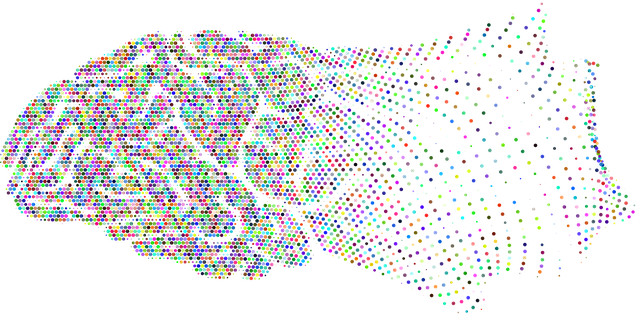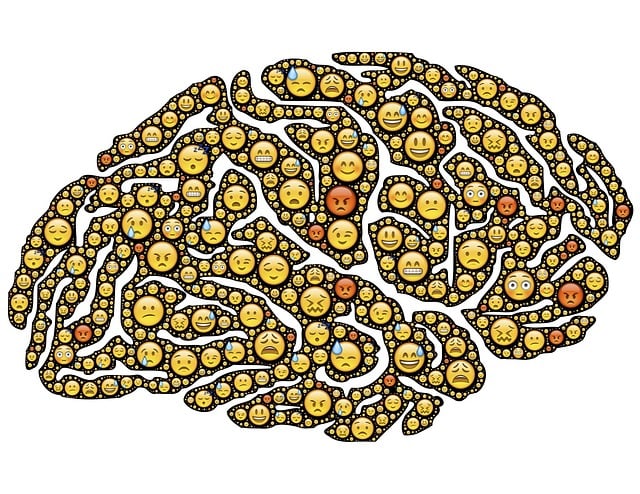Englewood Post-Traumatic Stress Disorder (PTSD) Therapy offers a comprehensive approach to healing using RFM principles: Relational skills for connection, Functional strategies for daily life, and Mindfulness techniques. This holistic method incorporates structured resilience exercises, conflict resolution workshops, and stress management practices to empower individuals with coping mechanisms. By combining evidence-based practices like Social Skills Training and Burnout Prevention, the program enhances emotional regulation, prevents depression, and promotes long-lasting positive outcomes, enabling clients to lead more fulfilling lives post-therapy.
“Resilience is a powerful tool in therapy, especially for managing Post-Traumatic Stress Disorder (PTSD). This article explores the effectiveness of RFM (Resilience, Flexibility, and Mastery) exercises as an innovative approach to building mental fortitude. We delve into how these exercises can enhance traditional therapy methods, specifically highlighting the Englewood Post-Traumatic Stress Disorder Therapy program. By combining practical techniques with case studies, this guide offers valuable insights into improving patients’ resilience and overall well-being.”
- Understanding RFM and Its Role in Resilience Building
- Implementing Resilience Exercises for Effective Therapy
- Case Studies: Englewood Post-Traumatic Stress Disorder Therapy in Action
Understanding RFM and Its Role in Resilience Building

Understanding RFM (Relational, Functional, and Mindfulness) is pivotal to effective resilience building exercises. This approach recognizes that healing from trauma, such as Post-Traumatic Stress Disorder (PTSD), doesn’t solely rely on individual coping mechanisms but also on strengthening relationships, enhancing functional abilities in daily life, and cultivating mindfulness practices. Englewood Post-Traumatic Stress Disorder Therapy integrates RFM by focusing on these key areas.
By combining Relational skills training to foster healthier connections, Functional strategies to improve overall functioning, and Mindfulness techniques to enhance present-moment awareness, this holistic approach empowers individuals to navigate challenges more effectively. This is particularly beneficial in depression prevention efforts, as it addresses the interconnectedness of mental health, relationships, and daily coping skills. Social Skills Training plays a crucial role within RFM by equipping individuals with the tools to interact and connect with others in meaningful ways, further strengthening their resilience.
Implementing Resilience Exercises for Effective Therapy

Implementing Resilience Exercises for Effective Therapy
Resilience building exercises are integral to Englewood Post-Traumatic Stress Disorder (PTSD) therapy, offering a structured approach to enhancing individuals’ coping mechanisms. These exercises provide clients with practical tools to navigate and manage stressful situations, fostering a sense of empowerment. By incorporating techniques such as conflict resolution practices and stress management workshops within the therapeutic framework, therapists enable patients to develop healthy strategies for dealing with traumatic memories and triggers.
Through regular participation in resilience training, individuals can improve their emotional regulation skills, allowing them to respond rather than react to challenging circumstances. This proactive approach not only complements traditional PTSD therapy but also encourages the adoption of self-care practices, ensuring long-lasting positive outcomes. Such exercises create a safe space for clients to explore and practice resilience, ultimately empowering them to lead more fulfilling lives post-therapy.
Case Studies: Englewood Post-Traumatic Stress Disorder Therapy in Action

Englewood Post-Traumatic Stress Disorder (PTSD) Therapy is a shining example of how targeted interventions can revolutionize healthcare and foster resilience in patients. This approach, tailored for individuals dealing with PTSD, leverages specialized techniques to address the unique challenges associated with this condition. Through case studies, we witness the power of such therapies in action.
The program focuses on holistic healing, combining evidence-based practices like Social Skills Training to enhance coping mechanisms and Burnout Prevention Strategies for Healthcare Providers, ensuring long-lasting positive outcomes. By delving into these methods, Englewood’s therapy model not only alleviates symptoms but also empowers individuals to navigate life’s challenges with renewed resilience.
The implementation of RFM and resilience building exercises, as demonstrated through the case study of Englewood Post-Traumatic Stress Disorder Therapy, offers a promising approach in effective therapy. By integrating these strategies, mental health professionals can empower individuals to build resilience, navigate challenges, and lead more fulfilling lives. This article highlights the importance of such innovative practices in enhancing traditional therapeutic methods, ultimately fostering better outcomes for those seeking support.














